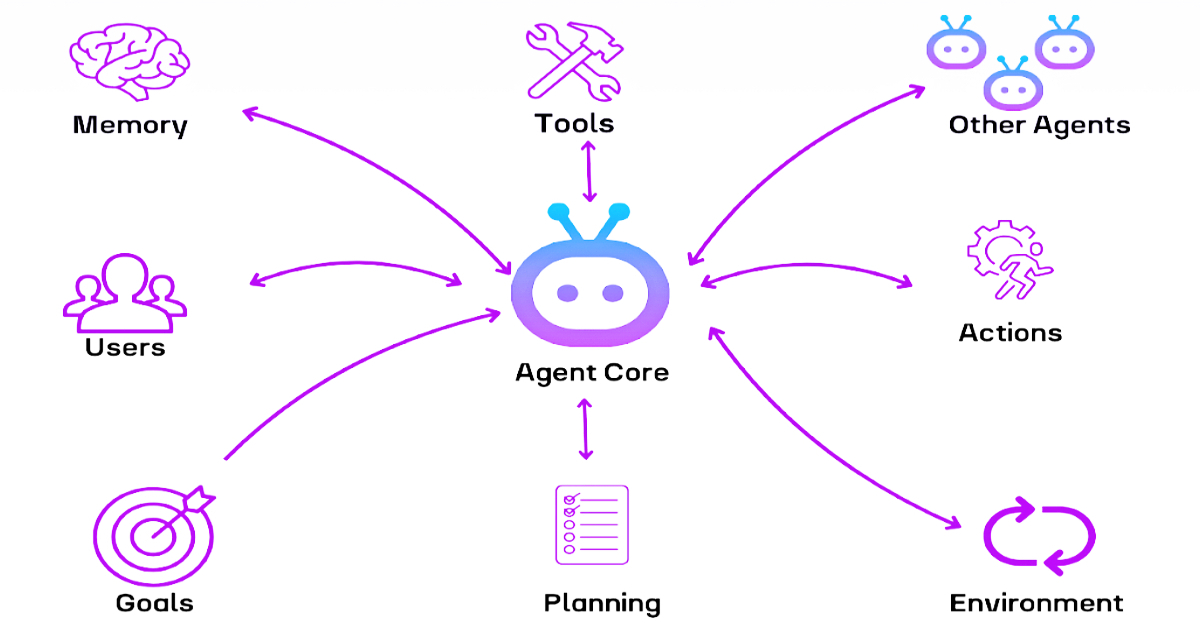Trends to Watch in 2025 as Innovation Morphs into Acceleration
Once again the move into a new year offers an excellent opportunity to look at the trends that will dominate business technologies in 2025. In this Insights news post we provide an updated look at the four key areas of AI, Cloud, Compliance and Sustainability. Although these topics have been on our radar in past years, the outlook for 2025 holds a common thread as the accumulated innovation and investment in each of these areas morphs into tangible acceleration, scalability and productivity payoffs going forward.
AI Trends in 2025
Over the past two years, the rise of Generative AI applications, started by Open AI's ChatGPT and quickly followed by big players such as Google, Meta, Apple and more, have radically changed the world of business and personal usage cases for leveraging artificial intelligence. AI chatbots use generative AI to provide responses based on interactions from specific prompts. The user makes a query and the chatbot uses natural language processing to reply with information from its large language model (LLM) training.
The next frontier of artificial intelligence that is accelerating in 2025 is agentic AI, which uses sophisticated reasoning and iterative planning to autonomously solve complex, multi-step problems. Agentic AI refers to artificial intelligence systems designed to perform tasks proactively, often with autonomy, decision-making, and adaptability. Unlike passive AI systems that require explicit input to function (e.g., rule-based systems or static algorithms), agentic AI operates with a sense of "agency," meaning it can make decisions, take actions, and interact with its environment to achieve specific goals, often adapting to changing circumstances.
Key Features of Agentic AI include:
- Integration of machine learning (ML), reinforcement learning, and deep learning models
- Contextual awareness and learning from large datasets
- Permeation into industries like healthcare, logistics, manufacturing, and customer service
- Improving business operations in areas such as finance, compliance and process optimization

Cloud Migration Trends in 2025
One of the key areas where progress during 2024 has set up a major tipping point for radical transformation in 2025 is regarding enterprise-level migration to cloud ERP SaaS-based solutions, such as SAP ERP Cloud Public and Private Editions.

As of Q2 2024, about 37% of SAP ECC customers globally had either purchased or subscribed to S/4HANA licenses, as reported by Gartner. With a significant portion of the market still untapped, the approaching 2027 deadline for mainstream ECC support, the high costs of extending that support, and a notable increase in RFP activity, all indicate a forthcoming wave of mass adoption for the remaining 63%.
Until recently, large enterprises had been hesitant to adopt Public Cloud solutions because many companies were operating with intricate customizations to which they were fully committed. However, with the impending end of mainstream support for ECC and the associated costs of extending it, along with the competitive edge provided by SAP SaaS with embedded AI, businesses are now viewing GROW and RISE from a fresh perspective.
Compliance and Sustainability in 2025
The intersection of ever-evolving compliance mandates and the rise of subscription-based offerings in the Digital Solutions Economy have created an environment where companies need both the agility to innovate new recurring revenue models and the built-in disciplines for complying with revenue recognition, lease accounting and other accounting requirements.

It's clear that new global, national, and local regulations have been a major catalyst for initial ESG implementation. However, companies are also increasingly realizing the significant advantages that extend beyond mere compliance with ESG mandates. By focusing on ESG and adopting forward-thinking strategies, large enterprises can enhance their reputation, resilience, and value in a business environment that is becoming more ESG-focused.
This is why SAP is advocating for the innovative green ledger initiative to ensure corporate climate accountability. A green ledger modifies financial practices, processes, and disciplines to account for Greenhouse Gas (GHG) emissions in the same manner companies manage their financials today. This method facilitates integrated financial and environmental decision-making throughout various stages of the business process.










